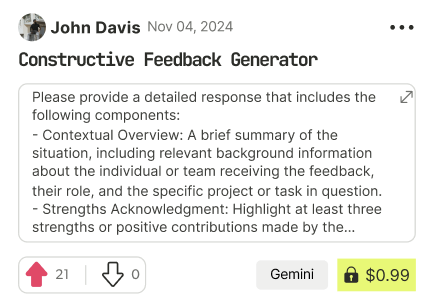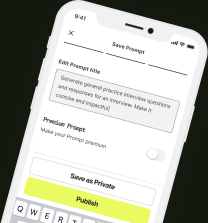Quantum Computing Explained for Everyone
Imagine regular computers as light switches – they are either on (1) or off (0), representing bits. Quantum computers are fundamentally different. Instead of simple on/off switches, they use qubits. Think of a coin spinning in the air: it's both heads and tails at the same time until it lands. This "both at once" state is superposition. Qubits can be 0, 1, or a combination of both simultaneously.
Now imagine two of these spinning coins magically linked. No matter how far apart, if one lands on heads, the other instantly becomes tails, and vice-versa. This is entanglement, a deep connection between qubits. Quantum gates are like operations on these qubits, manipulating their superposition and entanglement to perform calculations in a fundamentally different way than classical gates.
Visualizing quantum phenomena is tricky. Think of probability clouds instead of definite locations. An electron isn't a tiny ball at a fixed point, but a blurry cloud representing where it might be.
Current quantum computers use different technologies. Superconducting qubits are like tiny circuits cooled to near absolute zero. Ion traps use charged atoms held in place by electromagnetic fields. Photonic qubits use light particles. Each has pros and cons in terms of stability and scalability.
Quantum computers are not faster laptops. They excel at specific problems where classical computers struggle, like drug discovery (simulating molecules), materials science (designing new materials), financial modeling (risk analysis), and breaking modern encryption.
The field is still in its early stages, like classical computing in the 1950s. Major challenges include maintaining qubit stability (decoherence), scaling up the number of qubits, and correcting errors. Realistic timelines for widespread impactful applications are likely 5-15 years for specialized areas, with truly general-purpose quantum computers further out.
Quantum computing holds revolutionary potential for specific fields by solving currently intractable problems. However, it's not a replacement for classical computers and faces significant technological hurdles. Progress is rapid, but practical, broadly applicable quantum computers remain a future aspiration, not an immediate reality.

Explain Quantum Computing to Anyone
- gemini
- Try Prompt

Find Powerful AI Prompts
Discover, create, and customize prompts with different models, from ChatGPT to Gemini in seconds

Simple Yet Powerful
Start with an idea and use expert prompts to bring your vision to life!